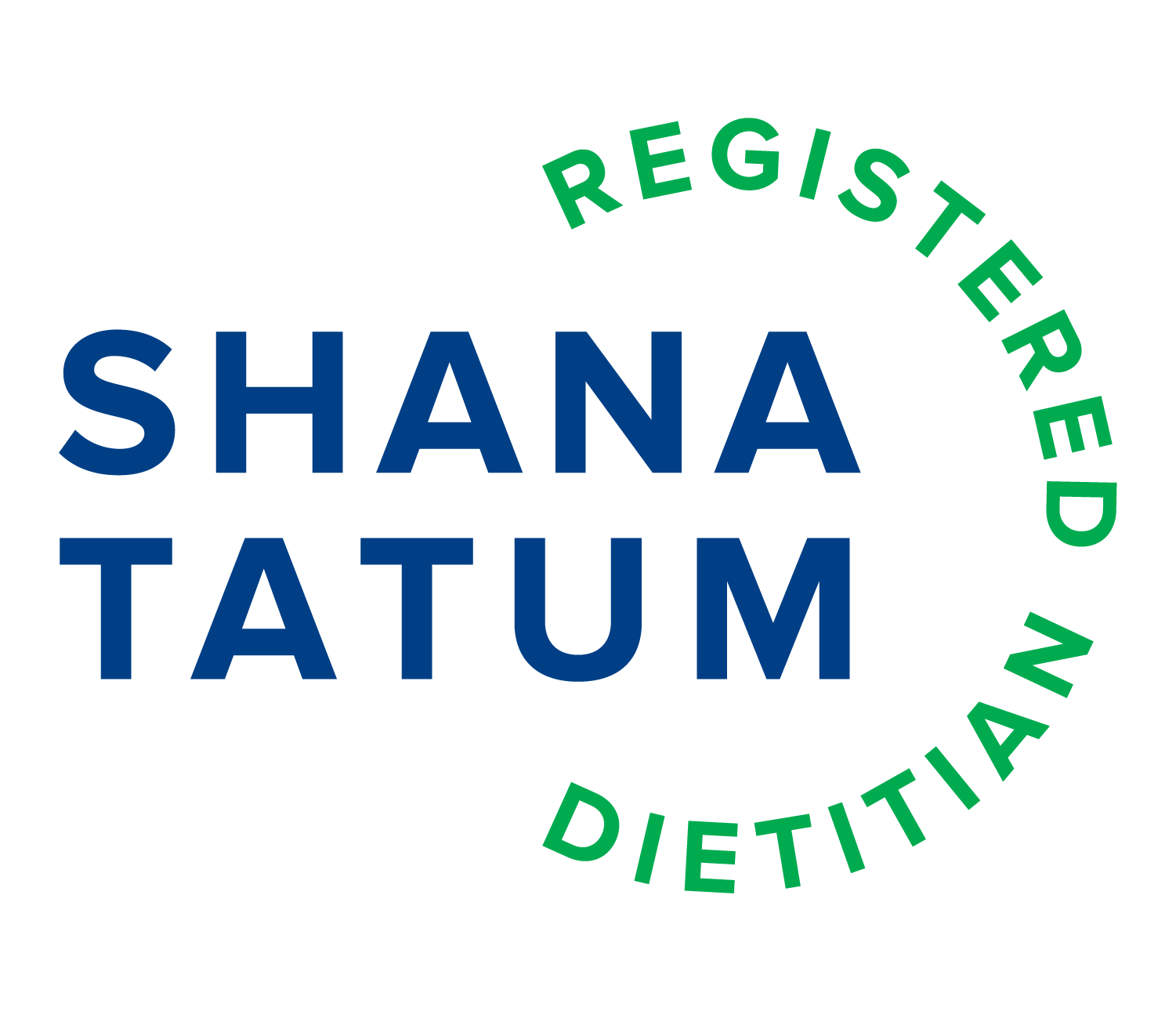Nourishing the Lungs: Eating for Respiratory Wellness
Nutrition and Respiratory Health
Image by Sara Bakhshi
I am hopeful all of the Leader’s readers are remaining healthy and beginning to consider the slow steps to re-enter some form of community life. It has been an unusual experience for certain. With the CDC guidelines putting attention on prevention, my hope is that this redirects the conversation to the modifiable lifestyle factors that serve as a foundation to good health. Sleep, stress, movement and diet have been part of the discussions recently seen on social media. As a health professional that sings this mantra, keep engaging in these healthy behaviors.
Asthma and chronic obstructive pulmonary disease also known as COPD are two of the most common respiratory diseases. It has been shown that dietary modification positively affects the management of these conditions. Some of this evidence highlights the Mediterranean diet, one high in vegetables, fruits, fish, nuts and seeds as a way to improve symptoms. In addition to these foods, part of the diet’s benefit may be in the monounsaturated fat in olives and olive oil, a key feature of the diet. These studies show that while moderate in fat intake, the Mediterranean diet provides a protective effect on wheezing and asthma symptoms.
Contrast this to the typical Westernized standard American diet, SAD, which contributes to inflammation. This way of eating is high in refined grains and sugar and processed meat. It also is high in industrial seed oils used for foods like French fries as well as high fat dairy. A diet high in these foods have been associated with higher rates of asthma in children and adults and COPD in adults. Overnutrition has also been correlated with negative effects in respiratory disease.
Fruits and vegetables specifically provide antioxidants that are lacking in the Westernized diet. A few examples include:
Vitamin C – provides anti-inflammatory and anti-asthmatic effects as well as restoring damaged lung tissue in emphysema patients. Sources include broccoli, oranges, tomatoes, kiwi fruit, and red, orange and yellow bell peppers.
Vitamin E – the term Vitamin E actually refers to eight fat soluble molecules called tocopherols. It is likely involved in strengthening parts of the cell-mediated immunity. It can be found in sunflower seeds, almonds, turnip greens, tomato paste and peanut butter.
Flavonoids and Carotenoids – types of antioxidants and are found in red, blue and purple berries, white and green tea, chocolate, black beans and many herbs like parsley and thyme.
In addition to these nutrients, Omega 3 fatty acids from marine sources have been shown to reduce inflammation. One of the dangers reported in the past with COVID-19 shows that once the immune system has reacted, that inflammation can be hard to reduce. It has been referred to as a cytokine storm. These long chain fatty acids help to reduce cytokines, a protein the body uses as a regulator and signaling system of immune coordination. Fatty fish such as salmon, sardines and anchovies can provide this protection. In addition, some plant foods provide sources of Omega 3, however the conversion to a usable form is not as efficient. Chia, hemp and flax seeds as well as walnuts are plant sources that can be consumed to support Omega 3 intake.
Nutrient dense dietary intake has been correlated with improvement of respiratory conditions such as COPD and asthma. Following nutrition guidelines with a Mediterranean diet can bring great benefit not only for respiratory health, but overall wellness. Making steps to reduce reliance on processed and refined foods and sugar support improvement in many chronic conditions. Consider trying the recipe below to keep inflammation at bay and reap the benefit of good healthy fats and antioxidants.
Quinoa Salad with Cucumbers, Tomato and Mint
Ingredients
2 cups water
1 1/2 cups quinoa, rinsed
2 large cucumbers, peeled and cut into cubes
1 small red onion, diced
1 large tomato, diced
1 bunch parsley leaves, chopped
2 bunches mint leaves, chopped
1/2 cup extra-virgin olive oil
1/4 cup red wine vinegar
1 lemon, juiced
1 teaspoons salt
1/2 teaspoon freshly ground black pepper
1 avocado diced, for garnish
Preparation
Bring the water to a boil in a large saucepan. Add the quinoa, stir once, and return to a boil. Cook uncovered, over medium heat for 10-12 minutes. Strain and rinse well with cold water, shaking well to remove any water.
When dry, transfer the cooked quinoa to a large bowl. Add the cucumbers, onion, tomato, parsley, mint, olive oil, vinegar, lemon juice, salt, and pepper and toss well. Garnish with diced avocado. Serve as a side dish or add chopped cooked chicken to serve as the main dish.

